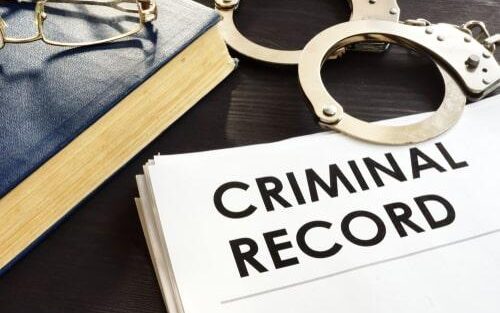In April we wrote of the rising popularity of Clean Slate laws. A clean slate measure is a policy that seals or expunges records of certain criminal offenses after a person goes a specified amount of time without committing another offense. These initiatives aim to provide a fresh start to individuals who have demonstrated their rehabilitation through law-abiding behavior. Essentially, this means that after a certain time, an individual’s criminal record will no longer be visible to employers or the public.
Under new California Senate Bill 731, Californians with most kinds of felony convictions, including violent crimes, can ask for their records to be cleared. Sex offenses are the primary exception. To be eligible, applicants must have fully served their sentences, including probation, and gone two years without being re-arrested.
This is among the broadest expungement laws in the nation, including about one million residents with felony convictions, said Californians for Safety and Justice, the advocacy group that sponsored the bill.
It is different from most other clean slate laws because generally, only individuals with misdemeanors and those with low-level felony records are eligible to have their records erased. Serious crimes have not typically been eligible for expungement and clean slate efforts, and these are the types that would be most relevant and considered for determining risk for an organization.
The California law goes even further, directing the state Department of Justice to automatically seal from public view non-serious, nonviolent, and non-sexual felony convictions when the defendant has completed their sentence and not been convicted of another crime in four years. That provision was supposed to begin last year, but lawmakers agreed to delay it until July of 2024.
Of course what is good for you and your hiring and evaluation doesn’t mean it is good for them. The records will still be kept by the state justice department, which will share them with other government agencies, police, and prosecutors if an ex-offender is arrested again, or with the state Department of Education if the ex-offender applies for a school job. Under the law, expungements also don’t allow someone to own firearms again or avoid disclosing a conviction if they run for public office or apply for a job with law enforcement.
This law was originally slated to take place last year but was delayed until July 2024.
We will continue to keep you apprised of these initiatives as we become aware of them.




